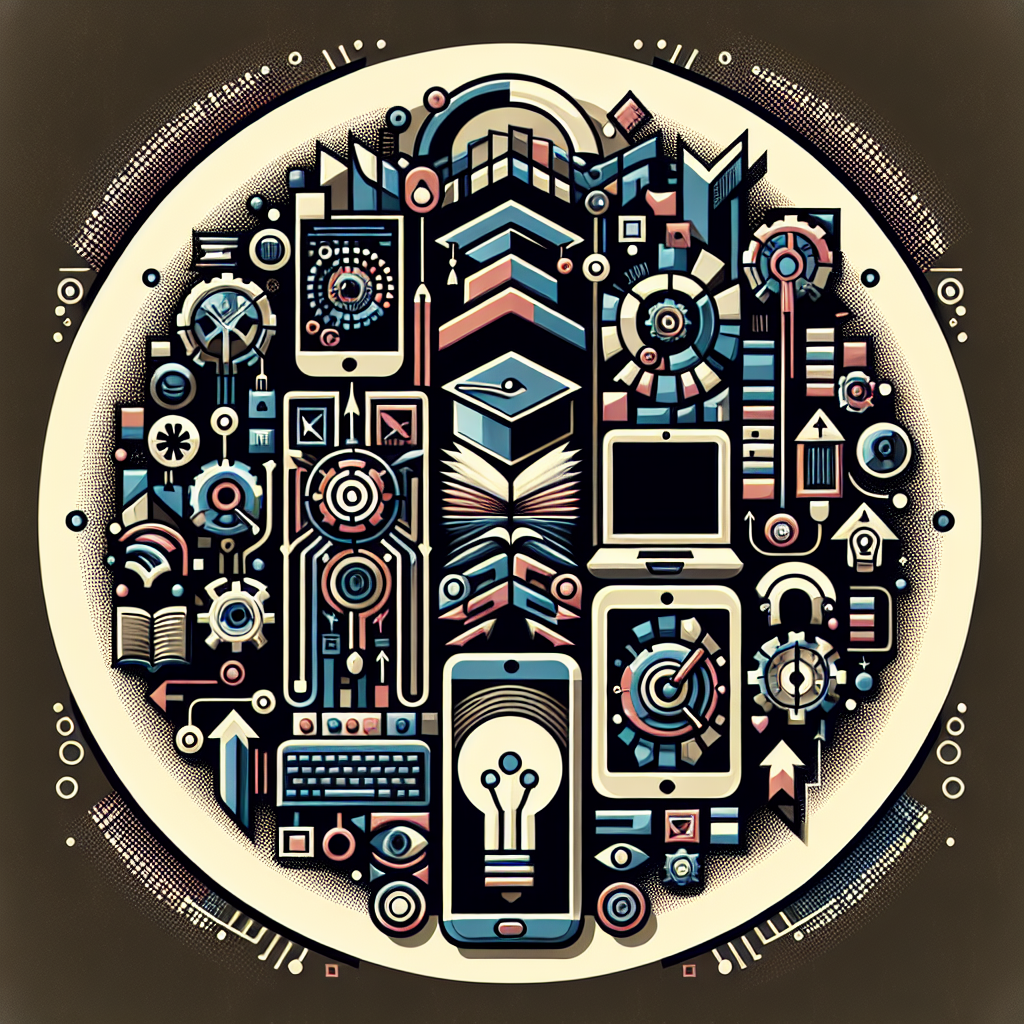The Role of AI in Enhancing Government Education Programs
Artificial Intelligence (AI) has been transforming various industries, including healthcare, finance, and retail. In recent years, AI has also started to make a significant impact on the education sector. Governments around the world are increasingly turning to AI to enhance their education programs and improve the quality of education for their citizens.
AI has the potential to revolutionize education by providing personalized learning experiences, improving teacher efficiency, and increasing access to education for all. In this article, we will explore the role of AI in enhancing government education programs and the benefits it can bring to students, teachers, and policymakers.
Personalized Learning
One of the key benefits of AI in education is its ability to provide personalized learning experiences for students. AI algorithms can analyze students’ learning styles, strengths, and weaknesses to create individualized learning plans. This allows students to learn at their own pace and focus on areas where they need the most help.
AI-powered adaptive learning platforms can also provide real-time feedback to students, helping them track their progress and identify areas for improvement. This personalized approach to learning can help students stay engaged and motivated, leading to better academic outcomes.
Teacher Efficiency
AI can also help teachers become more efficient in the classroom. AI-powered tools can automate administrative tasks, such as grading assignments and creating lesson plans, allowing teachers to focus on more meaningful interactions with their students.
AI can also assist teachers in identifying students who may be struggling with certain concepts or topics. By analyzing student data and performance, AI algorithms can recommend targeted interventions to help students overcome learning obstacles and achieve their full potential.
Additionally, AI can help teachers improve their teaching methods by providing insights and recommendations based on student data. By leveraging AI, teachers can continuously improve their instructional practices and adapt to the needs of their students.
Access to Education
AI can also play a crucial role in increasing access to education for all. In many parts of the world, access to quality education is limited due to factors such as location, cost, and infrastructure. AI-powered educational technologies can help bridge this gap by providing online learning opportunities to students in remote or underserved areas.
AI can also support students with special needs or disabilities by offering personalized learning solutions tailored to their unique requirements. By leveraging AI, governments can ensure that all students have access to high-quality education, regardless of their background or circumstances.
Challenges and Considerations
While the potential benefits of AI in education are significant, there are also challenges and considerations that governments need to address when implementing AI in education programs. Some of the key challenges include:
– Privacy and data security: AI systems collect and analyze large amounts of data, raising concerns about privacy and data security. Governments need to ensure that student data is protected and used in compliance with privacy regulations.
– Equity and bias: AI algorithms may inadvertently perpetuate bias or discrimination, particularly in areas such as student assessment and decision-making. Governments must address issues of equity and bias to ensure that AI is used in a fair and transparent manner.
– Training and capacity building: Implementing AI in education programs requires specialized skills and expertise. Governments need to invest in training and capacity building to ensure that teachers and administrators are equipped to effectively use AI technologies.
– Cost and infrastructure: AI technologies can be expensive to implement and maintain, particularly in resource-constrained settings. Governments need to consider the cost implications of AI adoption and ensure that the necessary infrastructure is in place to support AI-powered education programs.
FAQs
Q: How can AI enhance teacher-student interactions in the classroom?
A: AI can help teachers provide personalized feedback to students, track their progress, and identify areas for improvement. This can lead to more meaningful interactions between teachers and students, fostering a supportive and engaging learning environment.
Q: Will AI replace teachers in the classroom?
A: While AI can automate certain administrative tasks and provide support to teachers, it is unlikely to replace teachers entirely. The role of teachers is irreplaceable in providing guidance, mentorship, and emotional support to students, which AI cannot replicate.
Q: How can governments ensure that AI is used ethically in education programs?
A: Governments can establish clear guidelines and regulations for the ethical use of AI in education, including principles of transparency, accountability, and fairness. Governments can also invest in training and capacity building to ensure that educators and administrators are aware of ethical considerations when using AI technologies.
Q: What are some examples of AI-powered educational technologies?
A: There are various AI-powered educational technologies available, including adaptive learning platforms, virtual tutors, and intelligent tutoring systems. These technologies use AI algorithms to personalize learning experiences, provide real-time feedback, and support students in their learning journey.
In conclusion, AI has the potential to enhance government education programs and improve the quality of education for students across the globe. By leveraging AI technologies, governments can provide personalized learning experiences, improve teacher efficiency, and increase access to education for all. While there are challenges and considerations to address, the benefits of AI in education are significant and can lead to a more inclusive and equitable education system for all.

